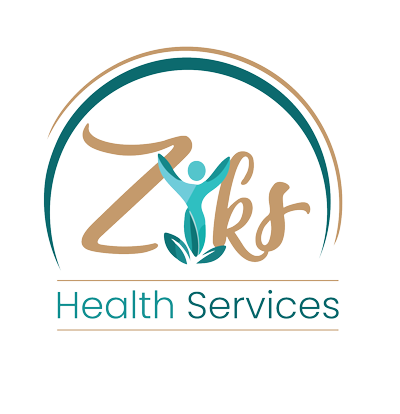It is usual for you to feel stressed in a situation like COVID-19. Feeling stressed does not mean that you are weak. Some telemedicine providers and health professionals think that they are not doing a good enough job and that the procedures they must follow are stringent, and that puts stress on them. Managing your stress and psychological well-being is very important at this time. Therefore, it would help if you took care of yourself, resting, and eating healthily.
Telemedicine Mental Health: Quick Guide for COVID-19
Telemedicine providers offer a quick guide for the evaluation of COVID-19 patients. It explains six practical steps on how Telemedicine Mental Health professionals apply this modality for proper medical consultation.
Steps for managing Telemedicine Mental Health:
- Prepare –in this phase, the telemedicine providers must prepare and decide how to connect with the COVID 19 patient.
- Connect – Here, the professional should send a link for the video call if possible; otherwise, you must make a phone call.
- Get started –in phase three, you must quickly assess whether the patient is very ill or not.
- History –Here, the professional must record and adapt the questions to the patient according to her medical history.
- Exam – at this stage, the professional must examine the physical and mental functions in the best way possible.
- Decision and action – in this last stage, the telemedicine provider must advance and organize follow-up, taking into account local capacity.
Patient is at the hospital – what next?
The telemedicine providers must report the emergency and refer the patient to the nearest health center for the following clinical findings:
- Temperature: 38C
- Respiratory rate: 20 / min
- Heart rate: 100 / min
- Oxygen saturation: 94% if self-monitoring oximetry is available.
When should the telemedicine professional consider an emergency case for COVID-19?
Telemedicine professionals should be alert to any possible case of pandemic contagion. However, in cases in which the patient has complications in their health, such as the following, the patient must report the emergency promptly to the nearest medical center.
- Severe dyspnea at rest
- Shortness of breath
- Chest pain or pressure
- Cold, clammy, or pale skin
- Confusion
- Difficulty waking up
- Drowsiness
- Oliguria
- Hemoptysis
- Stiff neck
- Rash
Tips on staying stress-free during COVID-19
- If you have children and they are with you, it is good to follow daily routines in sleep, feeding, study, and games with them. Teach them how to wash their hands and decrease risk through games and rhymes. In these challenging times, children need more love and dedication. Depending on their age, show them your love, listen to their concerns, and speak kindly to them. Try to stay calm in front of them and give them clear, age-appropriate information about what is going on.
- If you had to be isolated from your children, understand that every effort has been made not to separate families. If this happens, it is for their safety, or yours. Keep in touch with them by phone or social media.
- Communicate with near and dear ones by phone, by WhatsApp or social networks.
- It is normal to feel stressed in this situation, but if you feel very anxious, nervous, or depressed, seek help from a person you trust in the community or from Telemedicine Mental Health personnel.
We know the world has changed, and the way of providing health services also. At Ziks Health, our Telemedicine Mental Health platform is tested and ready to support you in this transition. Moreover, it is within your reach!

